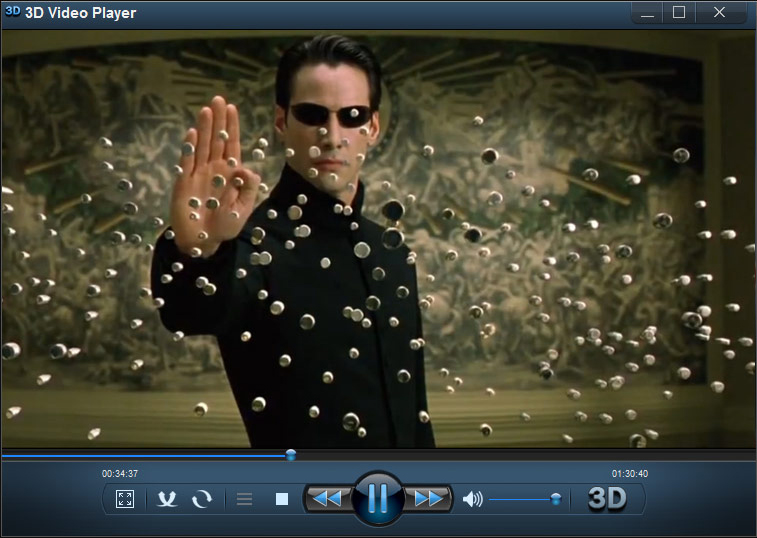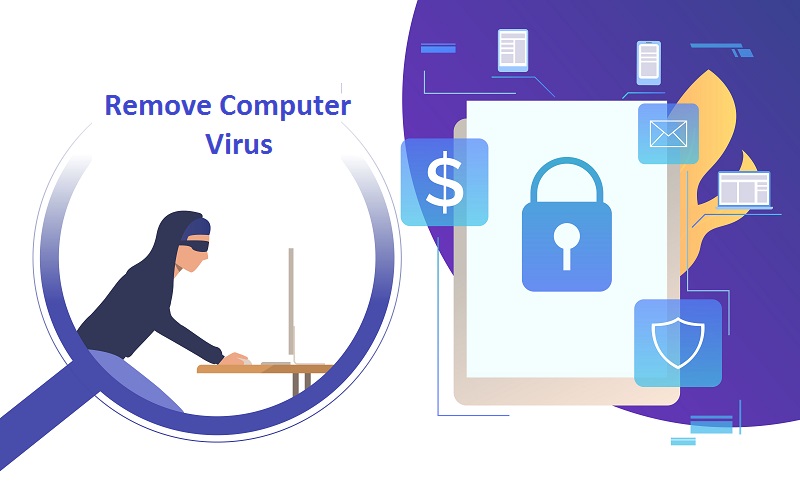
They typically scan your computer on a set schedule, looking for any unusual activity or files. There are many antivirus software tools on the market, each with their own benefits and price point. But what you do proactively can reduce your chances of getting a virus in the first place. The fact is, there’s no shortage of new computer viruses popping up every day, and each sometimes requires a different strategy to get rid of. Unfamiliar programs start up when you start your computer.Password changes without your authority.Unusual pop-ups prompting you to download antivirus and other programs.Mass emails sent to your contact list without your authority.A virus can quietly work in the background without you even knowing it, and if you have other computers on your network, it can infect those as well. Sadly, sometimes you won’t know you have a virus until it’s already infected your computer and done damage.

That might be an email from a name you don’t recognize that has an attachment (that has a virus attached to it), or from downloading software or files from sites that aren’t safe (like porn, gambling, or illegal music and video download sites). In a nutshell, you get a virus from an unknown or untrustworthy source. Hackers create malicious programs that can harm your computer, steal your data, access your passwords, or perform any other number of unwanted actions, most of the time without you even realizing it. Unlike viruses in nature, computer viruses are completely man-made. Let’s start with the basics: there’s a reason the analogy of a virus is used: just like the flu virus, a computer virus spreads from one host to another (in this case, a computer, not a human), and once it has infected a computer, it can be difficult to identify and kill off.

This guide will break down the basic definition of a computer virus, and provide valuable tips and answers on the best way you can protect important information stored on your PC and devices to help defend against cyber threats before it’s too late. So while you’d like to belive that your own computer (probably) hasn’t been infected yet, how can you truly be sure it won’t happen at any moment? If you’re not using an effective antivirus to secure your data, it’s just a matter of time… Emails, family photos, contacts, sensitive banking info, and passwords – all seized by the hackers because a computer was left unprotected and exposed. Some viruses can even lock all the info on your computer and demad a large cash randsom before you can get it all back. Unexpected behavior, sluggish performance, restarting for no reason, doing things on it’s own without your input – these are all telltale signs of an infection.


You’ve probably heard about the growing number of viruses spreading online and infecting computers.


 0 kommentar(er)
0 kommentar(er)
